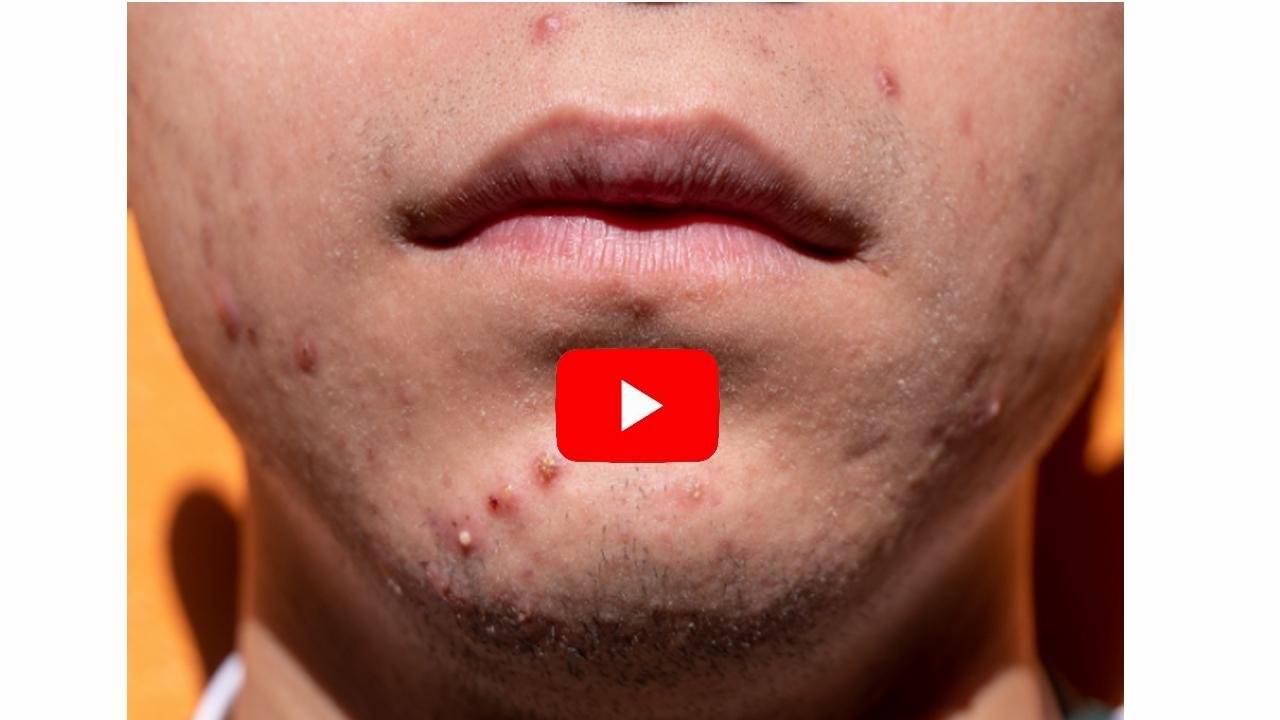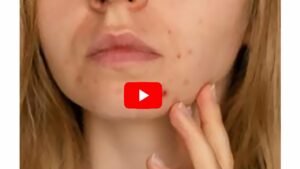The Hidden Link Between Emotional Health and Acne
Understanding Emotional Health and Its Ripple Effects
What Is Emotional Health, Really?
Emotional health isn’t just about feeling happy or sad. It is a complex interplay of how we manage stress, process emotions, and respond to life’s challenges. Remarkably, its influence stretches far beyond the mind. Recent research increasingly shows that emotional well-being—or the lack thereof—can have tangible effects on physical health, including something as visible as our skin.
Skin as a Mirror of the Mind
While most people blame acne solely on hormones, genetics, or diet, this explanation is surprisingly narrow. The skin, our body’s largest organ, is profoundly sensitive to internal states. Emotional fluctuations—stress, anxiety, sadness—can ripple outward, triggering chemical changes that manifest on the skin. Acne, once seen as purely cosmetic, now emerges as a signal of deeper emotional currents.
How Stress and Emotions Trigger Acne
The Hormonal Domino Effect
Stress doesn’t just weigh on the mind; it sparks a hormonal chain reaction. Cortisol, the body’s primary stress hormone, increases oil production in the skin. Excess oil clogs pores, creating a fertile environment for acne-causing bacteria. It’s no coincidence that flare-ups often follow periods of intense pressure or emotional turmoil.
Anxiety, Sadness, and Acne Severity
People experiencing prolonged anxiety or depressive moods frequently notice a surge in acne intensity. This isn’t imaginary. Clinical studies indicate a clear correlation between heightened emotional strain and worsening skin conditions. Acne, in this context, becomes more than a skin issue—it’s a barometer of emotional balance.
A Holistic Approach to Skin and Mind
Why Treating Acne Requires More Than Creams
Traditional acne treatments focus almost exclusively on topical solutions or medications. While effective to a degree, these methods often ignore the invisible triggers beneath the surface. Addressing emotional health—through stress management, therapy, or mindfulness practices—can complement skin treatments, potentially reducing flare-ups more effectively than medication alone.
Practical Strategies for Emotional Wellness
-
Mindful Breathing and Meditation: Calm the mind to lower cortisol levels.
-
Regular Physical Activity: Exercise reduces stress and promotes hormonal balance.
-
Sleep Optimization: Poor sleep can exacerbate stress-induced acne.
-
Emotional Expression: Journaling or therapy can help process feelings constructively.
Integrating Skin Care and Emotional Health
By considering both emotional and physical aspects, we embrace a dual-pronged approach to acne. This strategy recognizes that healthy skin often begins with a healthy mind. When the two work in tandem, treatment becomes more comprehensive, more effective, and more sustainable.
Conclusion: Rethinking Acne as a Mind-Body Issue
Acne is no longer merely a superficial nuisance—it reflects the intricate dialogue between our emotional states and physical health. By acknowledging this relationship, we move toward treatments that are not only skin-deep but life-deep. Emotional wellness isn’t just a luxury; it’s a critical component of radiant, resilient skin.
Understanding Acne: More Than Just Skin Deep
What Acne Really Is
A Widespread Skin Condition
Acne is far from rare. Affecting millions around the globe, it manifests as pimples, blackheads, cysts, and sometimes more severe lesions. At its core, acne arises when hair follicles become clogged with oil, dead skin cells, and bacteria, leading to inflammation. This common yet complex condition can appear in multiple forms, broadly categorized as non-inflammatory and inflammatory acne.
Non-Inflammatory vs. Inflammatory Acne
-
Non-Inflammatory Acne: This includes whiteheads (closed comedones) and blackheads (open comedones). These are usually less painful but still noticeable.
-
Inflammatory Acne: Papules, pustules, nodules, and cysts fall under this category. These lesions are often red, swollen, and painful, reflecting deeper irritation beneath the skin’s surface.
The Biological and Hormonal Roots of Acne
Hormones at the Center
The onset and progression of acne are deeply tied to biological and hormonal fluctuations. During puberty, androgen levels rise, prompting sebaceous glands to produce more sebum. Excess sebum, combined with dead skin cells, forms a fertile environment for Propionibacterium acnes, the bacteria responsible for inflammation.
Beyond Puberty
Hormonal influences are not confined to adolescence. Menstrual cycles, stress, and certain medications can all trigger or exacerbate acne in adults. Moreover, genetic predisposition matters: individuals with a family history of acne often have a higher likelihood of breaking out, underscoring the hereditary component of this condition.
Lifestyle Factors That Influence Acne
Diet and Skin Health
What we eat can play a surprising role in acne severity. Emerging studies suggest that diets high in glycemic index foods and dairy products may aggravate breakouts. While these factors don’t guarantee acne, they can exacerbate existing conditions.
Skincare Choices Matter
The products we apply to our skin can either soothe or inflame it. Non-comedogenic skincare—formulated to avoid clogging pores—can help reduce flare-ups. Conversely, heavy or irritating products may worsen symptoms.
The Holistic Approach: Skin and Emotional Health
Acne is not just a biological or cosmetic issue—it reflects the intricate interplay between physical health, lifestyle, and emotional well-being. Integrating discussions about stress, anxiety, and overall emotional health into acne management can improve outcomes. By addressing both internal and external factors, individuals can adopt a more comprehensive approach, combining medical treatment, skincare routines, and emotional wellness strategies for healthier, clearer skin.
✅ Struggling with acne? Discover the 2 natural solutions I personally recommend:
👉 Get Ninja Health Now — Launch Your Health Site in 60 Seconds
The Impact of Stress on Acne
Stress: More Than Just a Mental Burden
Stress isn’t merely a fleeting feeling of tension—it triggers a cascade of physiological changes that ripple throughout the body. One of the most notable effects is the surge in cortisol, commonly called the “stress hormone.” While cortisol is essential for the fight-or-flight response, prolonged elevations can create unexpected complications, particularly for the skin.
How Cortisol Fuels Acne
Sebum Overproduction
High cortisol levels stimulate the sebaceous glands to produce excess oil, or sebum. This surplus oil clogs pores, creating an ideal environment for acne-causing bacteria. Over time, this can lead to more frequent and severe breakouts.
Inflammation Amplified
Stress doesn’t stop at oil production. Hormonal imbalances triggered by stress can heighten inflammatory responses in the body. The result? Acne lesions that are not only more frequent but also red, swollen, and painfully inflamed. In essence, stress transforms the skin into a reactive battlefield, where even minor irritations can escalate into noticeable flare-ups.
The Mind-Body Connection
Understanding stress as a key factor in acne reframes how we approach treatment. It emphasizes that managing emotional well-being isn’t just a mental health strategy—it’s a vital component of holistic acne care, alongside topical treatments, skincare routines, and lifestyle adjustments.
✅ Struggling with acne? Discover the 2 natural solutions I personally recommend:
👉 Get Ninja Health Now — Launch Your Health Site in 60 Seconds






